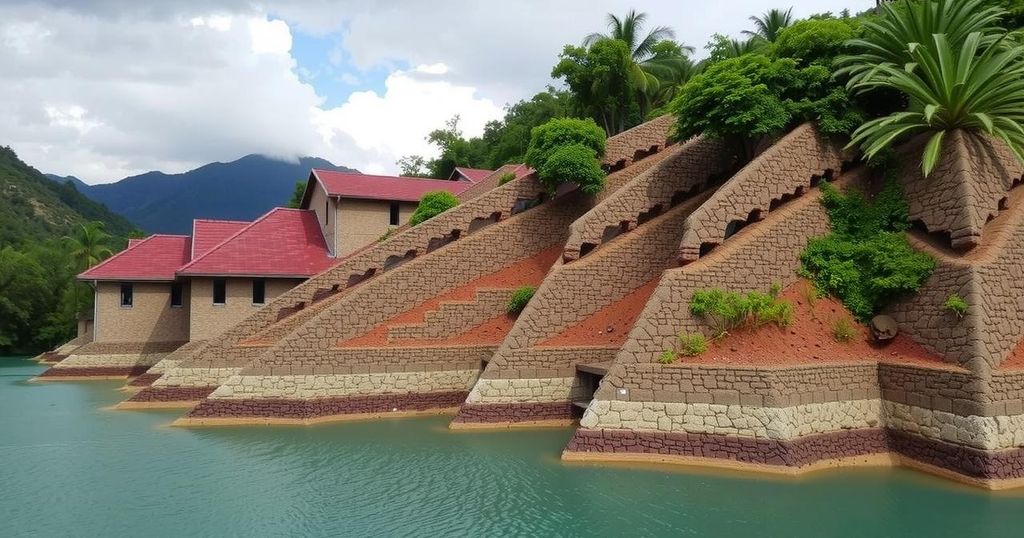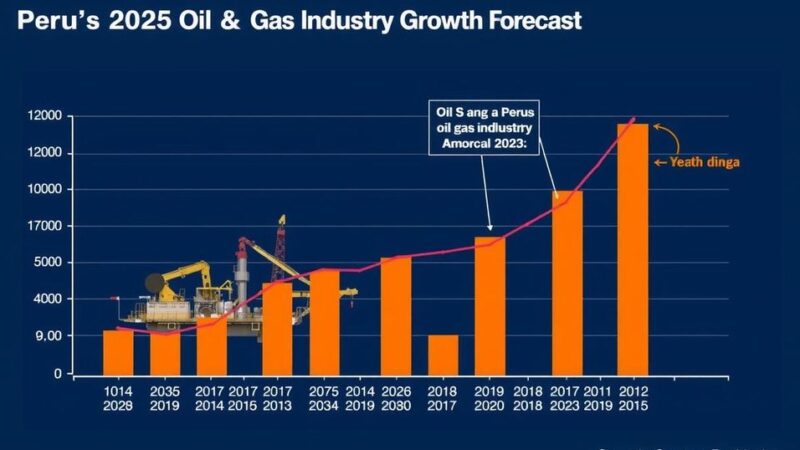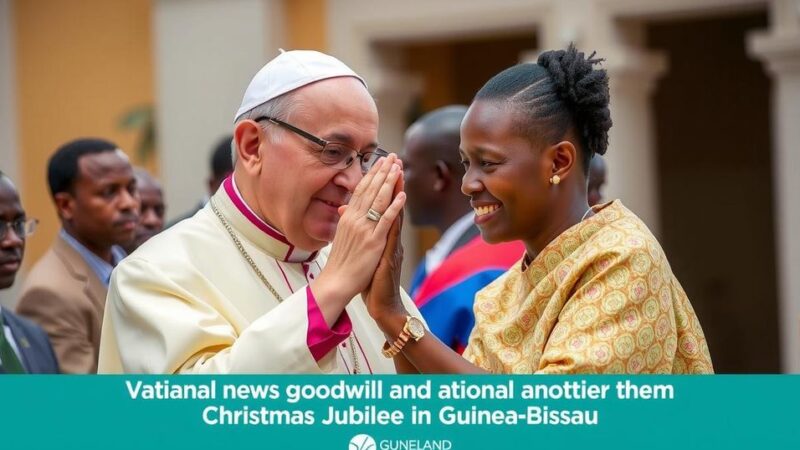El Salvador’s Legislative Assembly approved a new mining law that permits gold exploitation by repealing previous restrictions. This act grants the government a monopoly on metallic mining and opens the country to foreign investment. While aiming to boost the economy, it has drawn criticism from environmental activists who fear ecological damage and question the credibility of gold reserve estimates.
On Monday, the Legislative Assembly of El Salvador, under the influence of President Nayib Bukele’s political party, Nuevas Ideas, enacted a significant amendment to its mining regulations, thereby facilitating gold exploitation within its borders. This legislative change dismantles the previous prohibition on metallic mining, establishing a new General Mining Law that grants the Salvadoran government monopoly over such activities. The law permits the government to form partnerships with private enterprises for gold extraction, aiming to leverage purportedly substantial gold reserves to bolster national economic growth. President Bukele has characterized the prior mining restrictions as irrational, indicating a need for El Salvador to capitalize on its estimated $3 trillion worth of gold deposits.
Despite aspirations for economic advancement, the newly instituted law has prompted fierce criticism from environmental groups, who argue that increased mining could severely harm El Salvador’s ecosystems. To address environmental concerns, the law includes a prohibition on harmful substances such as mercury, which are frequently associated with mining processes. Nonetheless, prominent environmentalists warn that the extraction methods required for El Salvador’s gold deposits could inflict significant ecological damage, potentially transforming the landscape into a battered state reminiscent of lunar craters.
Furthermore, skepticism surrounds the government’s claims regarding gold reserves. Critics, such as Pedro Cabezas from Acafremin, have raised concerns that the statistics presented by President Bukele may be exaggerated or manipulated. As part of their strategic approach, Bukele’s administration has invited international geologists to evaluate El Salvador’s gold potential, yet the implications of this new mining legislation remain a contentious topic, fraught with environmental, social, and economic complexities.
The recently passed mining legislation in El Salvador signifies a pivotal shift in the country’s approach to resource management and economic development. Historically, metallic mining had faced stringent restrictions, primarily due to environmental considerations and societal impact. With the new law, the government intends to attract foreign investment to exploit its rich gold reserves, which are estimated to be among the highest in Central America. This move aligns with President Bukele’s broader economic strategies aimed at revitalizing the national economy but raises significant concerns regarding environmental degradation.
In conclusion, El Salvador’s new mining law opens the door to potential economic benefits through the exploitation of vast gold reserves. However, it does so amidst substantial environmental and social scrutiny. While the government’s stance on responsible mining practices and environmental protections will be crucial going forward, the skepticism surrounding the claimed gold reserves and the anticipated ecological impacts cannot be overlooked. The balance between economic growth and environmental integrity will define the success of this new legislative approach.
Original Source: news.bitcoin.com







